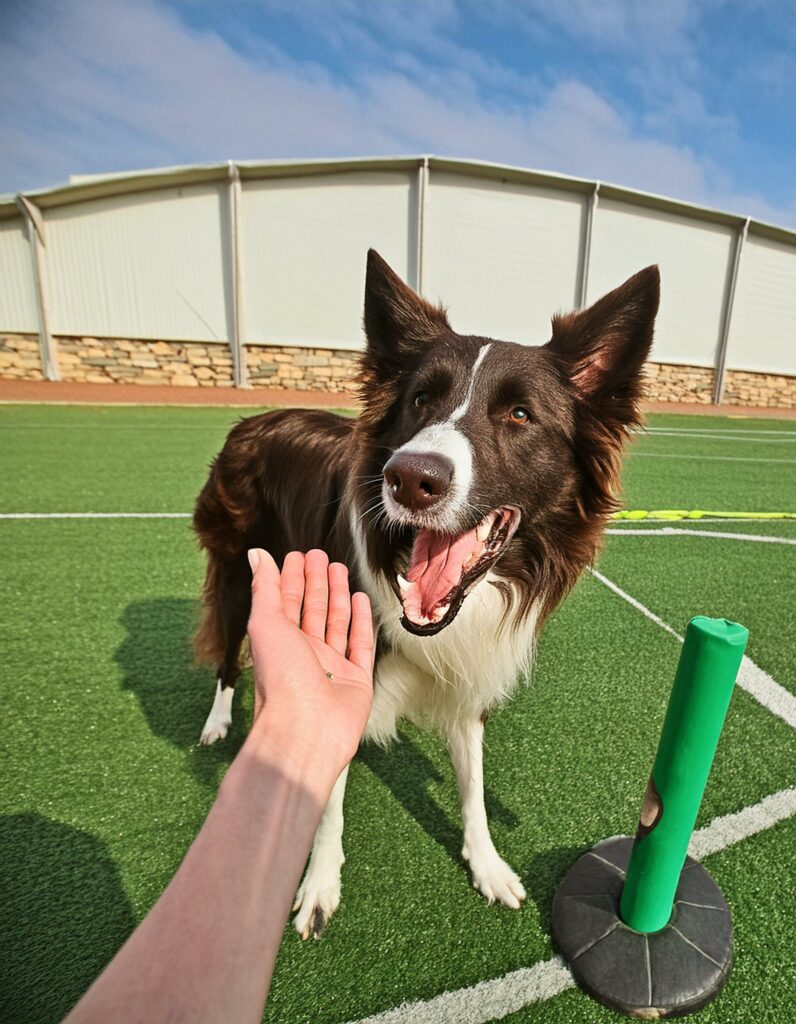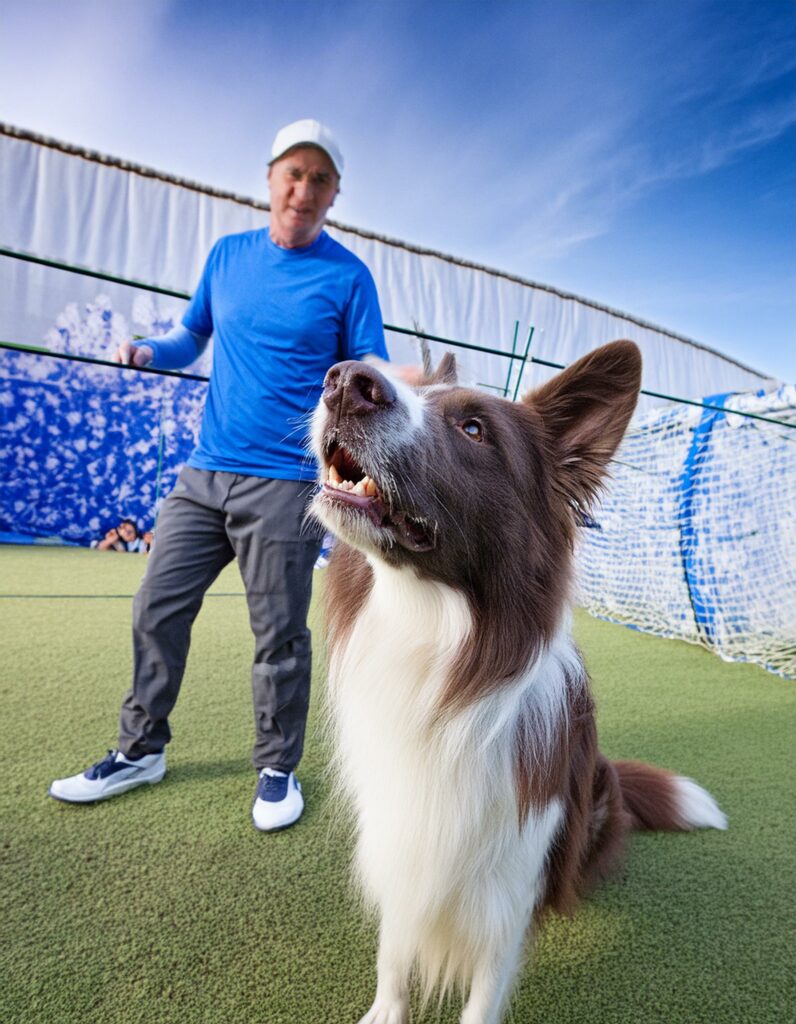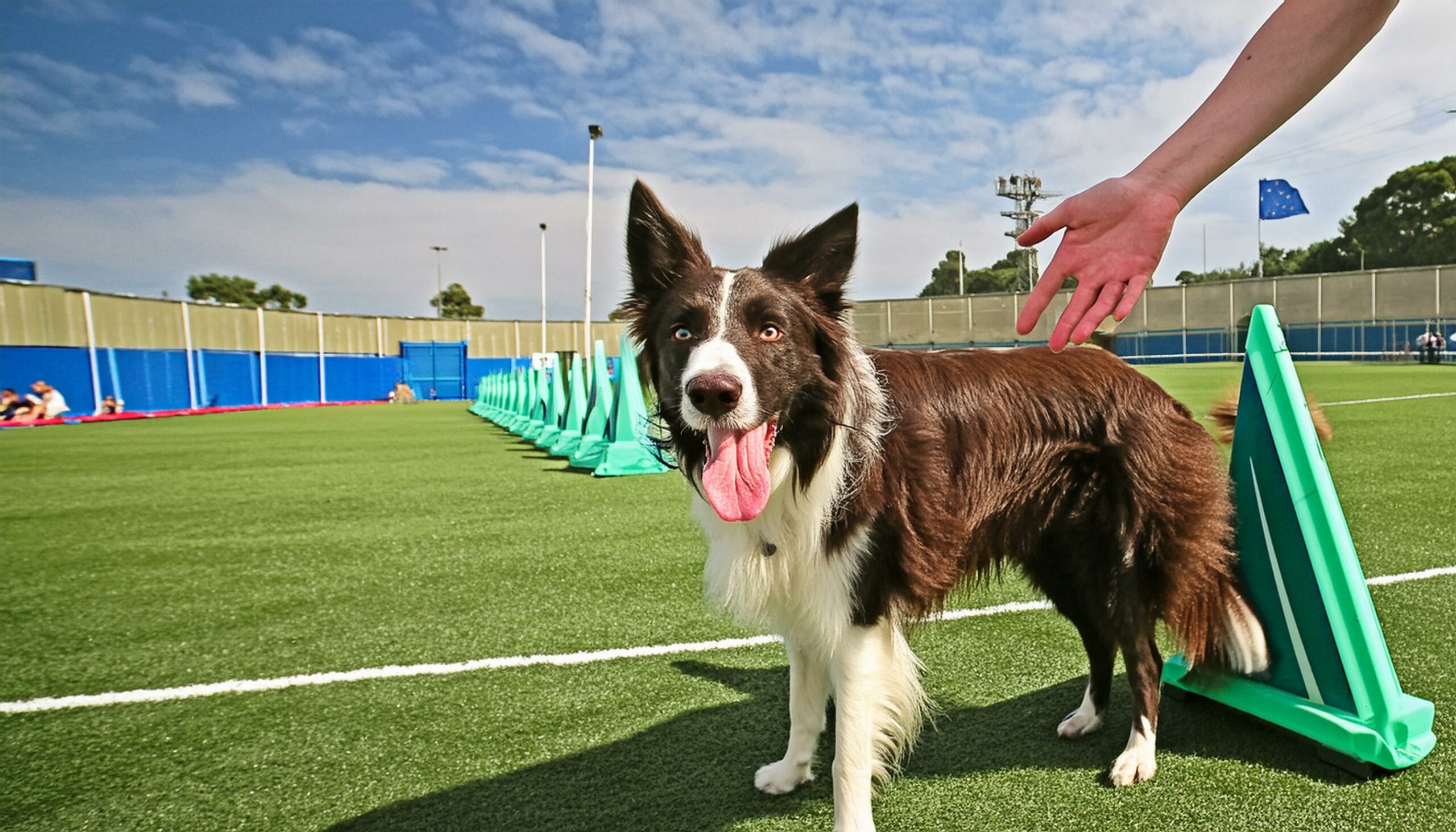Border Collies are widely regarded as one of the most intelligent and trainable dog breeds. Originating from the border regions of Scotland and England, these dogs were initially bred for their herding instincts and agility. Today, Border Collies are cherished as loyal companions and versatile working dogs. However, their high energy levels and independent nature can pose challenges, particularly when it comes to recall training.
Importance of Recall Training
Recall training, also known as “coming when called,” is an essential skill for every dog, regardless of breed. However, it holds particular significance for Border Collies due to their natural inclination to roam and explore. A reliable recall not only ensures your dog’s safety but also enhances the bond between you and your furry friend. It allows them to enjoy off-leash freedom while providing you with peace of mind.
Understanding Border Collie Behavior
Before delving into recall training, it’s essential to understand the behavior and instincts of Border Collies. These dogs are highly intelligent, curious, and driven by their herding instincts. They possess an innate desire to chase and control moving objects, which can manifest as a strong prey drive. Additionally, Border Collies form deep bonds with their owners and thrive on positive reinforcement and mental stimulation.

Establishing Trust and Bond
Building a strong bond based on trust and mutual respect is paramount in training any dog, including Border Collies. Spend quality time with your furry companion, engage in interactive play sessions, and establish yourself as a reliable and benevolent leader. Positive interactions and consistent training will strengthen the bond between you and your Border Collie, laying the groundwork for successful recall training.
Basic Commands Foundation
Before embarking on recall training, ensure that your Border Collie has mastered basic obedience commands such as sit, stay, and come. These foundational commands serve as building blocks for more advanced training and provide a framework for communication between you and your dog. Use positive reinforcement techniques such as treats, praise, and affection to motivate and reward your Border Collie for obeying commands.
Start with Indoors Training
Begin recall training in a familiar and controlled indoor environment, free from distractions. Attach a long leash to your Border Collie’s collar to prevent them from wandering off during training sessions. Call your dog’s name followed by the recall command (“come”) in a cheerful and enthusiastic tone. When your Border Collie responds promptly and approaches you, reward them with treats, praise, or playtime.
Transition to Outdoor Training
Gradually transition to outdoor environments with increasing levels of distractions. Start in a quiet and enclosed area such as your backyard or a fenced park. Practice recall exercises while gradually introducing mild distractions such as toys or other people. As your Border Collie becomes more reliable in their response, gradually increase the level of distractions and train in different environments.

Positive Reinforcement Techniques
Positive reinforcement is the cornerstone of effective recall training. Use high-value treats, favorite toys, or enthusiastic praise to reward your Border Collie for coming when called. Make the experience enjoyable and rewarding for your dog, reinforcing the desired behavior through positive associations. Avoid punishment or aversive methods, as they can undermine trust and damage your relationship with your pet.
Consistency is Key
Consistency is crucial in all aspects of dog training, particularly recall training. Use the same recall command consistently, and avoid confusing your Border Collie with variations or conflicting signals. Practice recall exercises regularly, incorporating them into daily routines and activities. Consistent reinforcement and repetition will reinforce the desired behavior and strengthen your dog’s recall reliability.
Avoiding Common Mistakes
When training your Border Collie to come when called, avoid common mistakes that can hinder progress. Refrain from calling your dog for activities they perceive as negative, such as bath time or leaving the park. Ensure that every recall command is followed by a positive and rewarding experience, reinforcing your dog’s willingness to respond promptly.
Addressing Challenges
If your Border Collie struggles with recall training, identify and address the underlying challenges accordingly. Common obstacles may include distractions, lack of motivation, fear, or previous negative experiences. Tailor your training approach to suit your dog’s individual needs, gradually building confidence and reinforcing positive behaviors.
Patience and Persistence
Recall training requires patience, persistence, and a willingness to adapt to your dog’s progress. Celebrate every success, no matter how small, and remain patient in the face of setbacks or challenges. Dogs, like humans, learn at their own pace, so maintain a positive attitude and avoid becoming frustrated or discouraged.
Taking Breaks and Staying Calm
If you or your Border Collie become frustrated or stressed during training sessions, take a break and regroup. Dogs are highly attuned to their owner’s emotions, so maintaining a calm and composed demeanor is essential for successful training. Use breaks as an opportunity to reassess your approach and address any issues before resuming training.
Celebrating Successes
Celebrate your Border Collie’s progress and achievements throughout the recall training journey. Shower them with praise, affection, and rewards whenever they respond promptly to your recall command. Positive reinforcement strengthens the bond between you and your dog, fostering trust and cooperation.
Conclusion
Training your Border Collie to come when called requires patience, consistency, and positive reinforcement. By understanding their behavior, building a strong bond, and employing effective training techniques, you can teach your Border Collie a reliable recall that enhances their safety and strengthens your relationship.
FAQs
How long does it take to train a Border Collie to come when called?
Training duration varies depending on factors such as the dog’s age, temperament, and previous training experiences. With consistent practice and positive reinforcement, most Border Collies can learn reliable recall within a few weeks to a few months.
What if my Border Collie ignores me when I call them?
If your Border Collie ignores your recall command, avoid repeating it multiple times as it can diminish its effectiveness. Instead, use a long leash to gently guide them back to you or employ a recall cue that’s more attention-grabbing.
Is it possible to train an older Border Collie to come when called?
Yes, it’s possible to train an older Border Collie, but it may require more time and patience compared to training a younger dog. Focus on building a strong bond and using positive reinforcement to motivate your dog.
Should I use an electronic collar for recall training?
While electronic collars can be effective in some training scenarios, they’re not recommended for recall training, especially with sensitive breeds like Border Collies. Positive reinforcement techniques are generally more successful and promote a stronger bond between you and your dog.
What if my Border Collie only comes when they feel like it?
If your Border Collie only responds to recall inconsistently, revisit your training approach and ensure you’re using high-value rewards and positive reinforcement. Increase the frequency and variety of training sessions to reinforce the behavior consistently.
